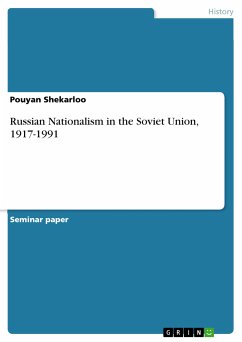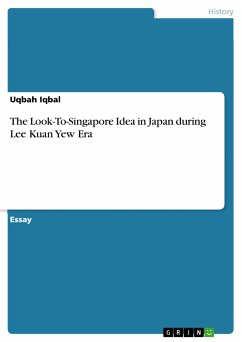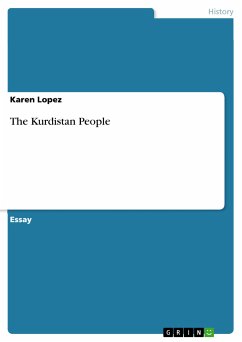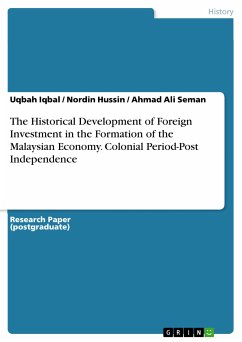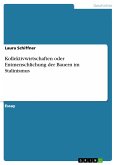Seminar paper from the year 2009 in the subject History - Asia, grade: B+ (2), The American Central University (Department of History), course: The Historian's Craft, language: English, abstract: The Soviet Union, by the time of its creation, was the first modern state that had to confront the rising issue of nationalism. With a progressive nationality policy, it systematically promoted the national consciousness of its ethnic minorities and established for them institutional forms comparable of a modern state. In the 1920s, the Bolsheviks, seeking to defuse national sentiment, created hundreds of national territories. They trained new national leaders, established national languages, and financed national cultural products. This was a massive historical experiment in governing a multiethnic state. Later under Stalin, these policies had to be revised to comply with emerging domestic and international problems, which resulted from those once progressive policies. This paper will present the issue of Russian nationalism and nationality policy in the Soviet Union. The analysis will be based on six different monographs dealing with the issue at different periods of Soviet history. Each has a different approach and at times a different thesis on Russian nationalism or an interpretation of the political events accompanying the Soviet nationality policy. First, on the following pages, I will give a brief summary of the six books discussed in this paper. Then, I will tell the main thesis of each book and underlie it by the author’s arguments. In the conclusion, I will compare the book’s arguments in a historiographical manner and see where similarities between the arguments exist, where the books complement each other and at which points they disagree with each other. At the end, I will try to give a comprehensive overview of the issue discussed, due to the frame and limited space of this paper.
Bitte wählen Sie Ihr Anliegen aus.
Rechnungen
Retourenschein anfordern
Bestellstatus
Storno

